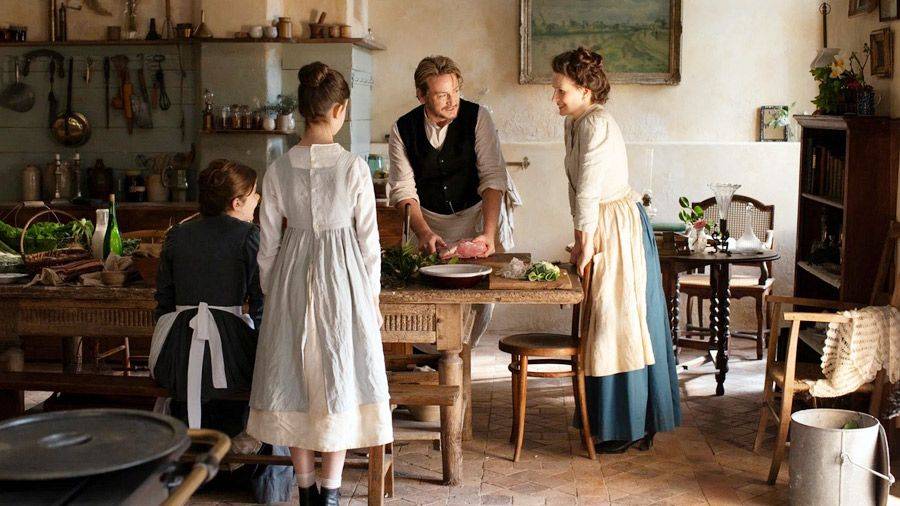In fact, after the kitchen fire and a bit of small talk, the thunder of copper pipes is heard. The envoy of the Prince of Eurasia materializes in the cigar smoke, inviting you to share and appreciate the meal of the Oriental croesus at a convenient time. Buffan announces that he accepts this courtesy… along with burping friends. There is nothing to be done: even in the bear corner, the “emperor” needs a court, an entourage, and a cook! “Why don’t you ever decorate our company?” the intrigued guests ask Eugenie. “I just can’t get away from the stove,” the cook says modestly, “I communicate with you through the dishes that I cook for you.”
Advertisement
This is the exposition, the plot and the plot. Inside, the plot of a delicate relationship flickers and unwinds, highlighted by the story of Benoit Magimel’s failed marriage and subsequent friendship with Juliette Binoche… And why, in fact, do their characters cook, cook all the time and only cook? Doden is convinced that “the invention of a new dish brings humanity more joy than the discovery of a new star.” The author’s answer is in the title: “Pot-au-feu” literally translates as “pot left on fire.” The Sunday dish of golitba, beloved by kings and chefs, has served for centuries as a symbol of a prosperous family life, in this case limited to the cult of the hearth. “Marriage,” says Doden, “is like a dinner starting with dessert… Do you mind if I visit your bedroom at night?” “If the door is unlocked, you can come in,” Eugenie responds habitually. Her evasiveness is dictated not by a flirtatious whim, but by delicacy: the cook is well aware that in the boudoir and during small talk, Buffan is not able to show his outstanding taste, which means that only a cook can reveal the true gift of a lover. Is it worth dreaming about more?

